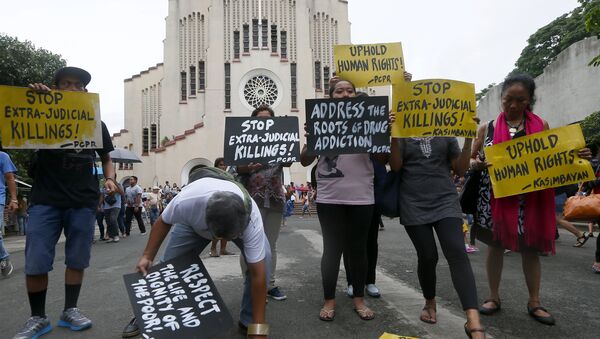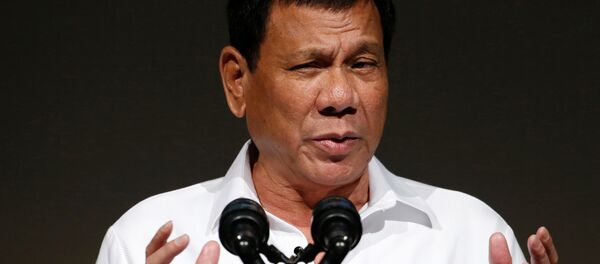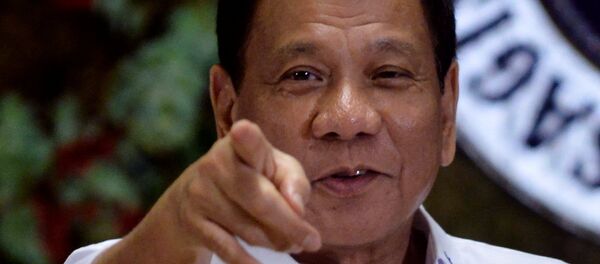In a pastoral letter by the Catholic Bishops' Conference of the Philippines read at Saturday services and to be repeated at Sunday masses, the church expressed concern about indifference to the widespread bloodshed the crackdown on drug users and sellers has unleashed.
"An even greater cause of concern is the indifference of many to this kind of wrong. It is considered as normal, and, even worse, something that (according to them) needs to be done," the letter, a copy of which was given to Reuters, said. "An additional cause of concern is the reign of terror in many places of the poor. Many are killed not because of drugs. Those who kill them are not brought to account."
Amnesty International reports that more than 7,000 people have been killed since Duterte took office seven months ago, including 2,500 alleged drug offenders killed directly by police. The rights group also suggests that some killings may have nothing to do with serious drug offences.
"Acting on instructions from the very top of government, the Philippines police have killed and paid others to kill thousands of alleged drug offenders in a wave of extrajudicial executions that may amount to crimes against humanity," Amnesty International said in a January 31 report.
"Incited by the rhetoric of President Rodrigo Duterte, the police, paid killers on their payroll, and unknown armed individuals have slain more than a thousand people a month under the guise of a national campaign to eradicate drugs."
Police officers detailed to Amnesty International how they were paid per head during drug operations for offenders killed. There are no bonuses for making arrests, they said.
Duterte on January 31 said he had ordered the police to stop anti-drug operations over reports of pervasive corruption, but said over the next few days that the slack would be picked up by a drug-enforcement agency and the country's military.
"I'm taking in the AFP (Armed Forces of the Philippines) and raising the issue of drugs as a national security threat so that I will call on all the armed forces to assist," he said in a speech reported by Newsweek. He also said he'd be happy to "kill more" if necessary.
The church has been debating for months how to confront the president about the wave of violence, the Bangkok Post reports, as clergymen have wondered whether directly criticizing him could put them in danger.
Father Jojo Borja, a chaplain at national police headquarters, told Reuters the situation was difficult, particularly for members of the clergy employed by the government.
"We have to be in the middle always," he said. "When we talk against the government we will be kicked out from the service. Sometimes we will be called for questioning, to ask about our loyalty."
The address does not mention the president directly, but calls for restraint by officers and reform in government and law enforcement.
"[E]very person has a right to be presumed innocent until proven guilty," the letter said.
"We must also give priority to reforming rogue policemen and corrupt judges," it commented. "We also call upon elected politicians to serve the common good of the people and not their own interests."
More than 80% of the Philippines' 100 million people identified as Catholic in the most recent census, but this has not kept the president from attacking the church, accusing priests of hypocrisy in their vows and taking potshots at the pope for causing traffic jams during his 2015 visit white Duterte was mayor of Davao City.
His office has not yet commented on the letter.




